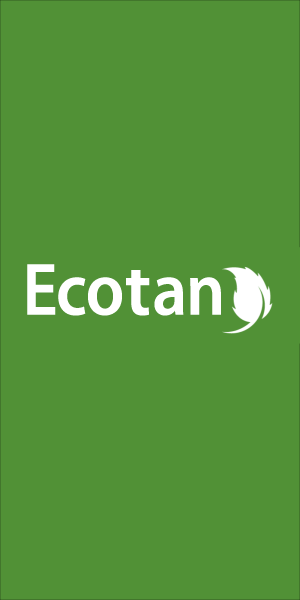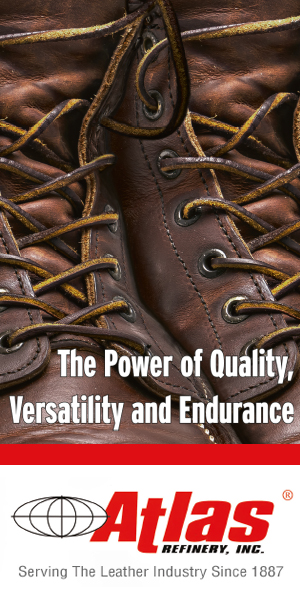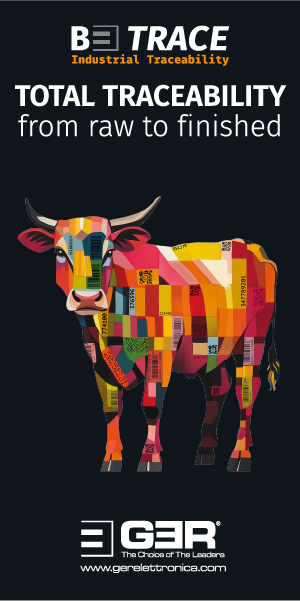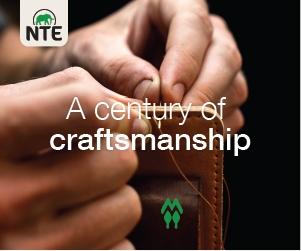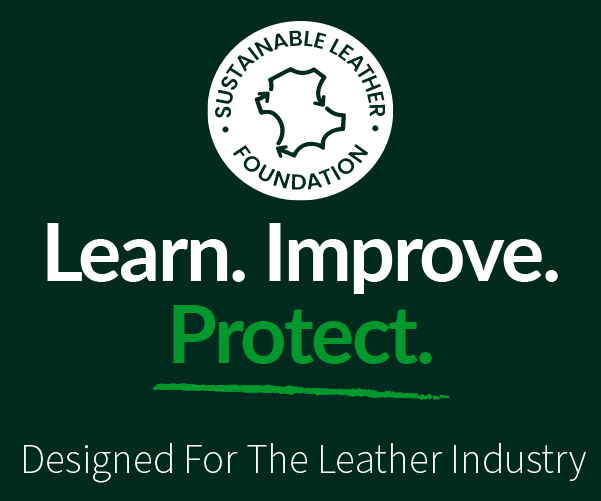Circular material from leather waste

Innovative yarn producer Spinnova is adding leather to the list of natural raw materials it can work with. KT Trading is lending its weight and its waste to the idea. Two major footwear brands, adidas and Ecco, are waiting in the wings.
Wet blue, crust and split supplier KT Trading has joined forces with Finnish bio-materials manufacturer Spinnova to produce what the two companies are calling “a new category of sustainable and circular textiles”. Their intention is to use waste from the tanning process as a raw material for a Spinnova yarn that can then be woven or knitted into material for shoe uppers and other applications. They intend to begin pilot-scale production of the new yarn, which they have called Respin, before the end of 2021.
Spinnova saw the light of day in 2014 as a spin-off from the VTT Technical Research Centre of Finland and has worked since then to produce versatile, recyclable yarns from, mainly, paper-grade wood pulp. Its technique is based on fibre-suspension flows, mechanically pulping the fibres and controlling the flow in such a way as to form a yarn.
After going through a drying process, the yarn is ready for spinning and textile producers have already begun using the spun yarn to produce woven and knitted fabrics. Early adopters of these materials include fashion brands H&M and Bestseller and outdoor clothing brand Bergans. Some early fabrics have involved blends of Spinnova’s wood-based yarns with more familiar fibres, including cotton.
Step forward for circularity
The chief executive of KT Trading, Kristian Geert Jensen, says he views setting up the Respin joint venture with Spinnova as a step forward in making the leather industry more circular. Based in Switzerland, KT Trading has close ties to Ecco Leather and other tanning companies. KT itself works more as a wholesaler of semi-finished leather, sourcing pre-selected material from leather manufacturers, storing it in its own distribution facilities and supplying it when required for tanners to turn into finished leather. The company is, therefore, in the slightly unusual position of having tanners as its suppliers and as its customers. Ecco Leather, for example, is both.
It describes its mission in these terms: “Supplying high-quality calf and veal hides as wet blue, crust and splits to customers.” It claims its years of experience, its high-quality distribution and storage facilities and its attention to detail in selecting hides are the key qualities that allow it to fulfil this mission.
Closed-loop shavings
Ecco’s in-house research department began paying attention to Spinnova three years ago. Now, wet blue shavings from the Ecco Leather tannery in Dongen in the Netherlands will provide, via KT Trading, some of the initial raw material that will be shipped north for conversion into Spinnova’s Respin yarn. The partners expect a pilot phase of production to begin before the end of this year. A pilot plant for Respin will be part of a new manufacturing set-up that is already under construction at the yarn manufacturer’s headquarters in Jyväskylä, a university city in central Finland. Spinnova chief executive and co-founder, Janne Poranen, says his company is delighted “to close the leather loop” with Ecco and KT Trading as partners.
Kristian Geert Jensen confirms that the woven and knitted fabrics resulting from Respin yarns will be suitable for use in footwear uppers, which goes some way towards explaining Ecco’s interest. In fact, it is a compliment to Ecco’s vision that it saw this as a possibility three years ago because Spinnova’s work with Bergans only became public knowledge in 2019, followed by announcements about its work with Bestseller in 2020 and with H&M this year. All of these big-name partnerships are, however, the fruit of years of proof-of-concept work.
Mr Jensen says that the Respin materials deriving from leather waste will provide a good alternative, not to leather, but to the synthetic substitutes that some brands use instead of leather. “Leather is an amazing high-quality material with unique properties,” he insists, but he points out that, in spite of extensive effort, tanners have so far been unable to find any “real sustainable solution” for the type of waste that will now go into Respin. “With this new textile, we have taken another step towards completing the circular economy for leather,” the KT Trading chief executive adds. “We have made a truly unique breakthrough.”
Breakthrough technology
Respin can be a breakthrough for companies that want to move away from petrochemical-derived synthetics, and processing leather waste will not require new development of Spinnova’s technology. The system it has put in place for transforming waste from the wood industry into yarn, which it has referred to as being “disruptively sustainable”, will work with waste from tanners, too.
“It’s very simple,” says chief technology officer and co-founder, Juha Salmela. “It’s the combination of two factors, the raw material sourcing and the technology we use, that makes this work.” It is clearly more difficult to achieve than he makes it sound; otherwise, all fibre producers would quickly become “disruptively sustainable”. Spinnova produces its yarns “without complex chemical processes” and without dissolving anything. Lifecycle assessment results show figures for carbon footprint and water consumption that are “minimal compared to anything else”, Mr Salmela says. Naturally, the process generates no microplastics and is, in fact, zero-waste.
Cornerstone investor
In May, the yarn manufacturer announced its intention to go public by listing on the Nasdaq Helsinki First North Growth Market. Furthermore, it has been able to announce this important step with the backing of another major partner, adidas. The global sports group has committed to being one of Spinnova’s cornerstone investors. As part of the agreement, adidas has “committed irrevocably” to invest €3 million in Spinnova when the company’s initial public offering launches.
Adidas has said little so far about what it hopes to gain from this commitment, but it seems safe to assume that, like Ecco, it sees potential for using Spinnova yarns in its products, including woven or kitted Respin in some of its shoes.
“We feel we are an ideal match with the adidas sustainability strategy,” Janne Poranen says. “Our scalable technology platform can make fibre out of renewable materials that are abundantly available, provide full recyclability and quick biodegradability.” These abundantly available, renewable raw materials now include waste from the leather-making process.
Made from leather waste Respin fibres by Spinnova can be woven or knitted to make material for shoe uppers and other applications.
Credit: Spinnova








